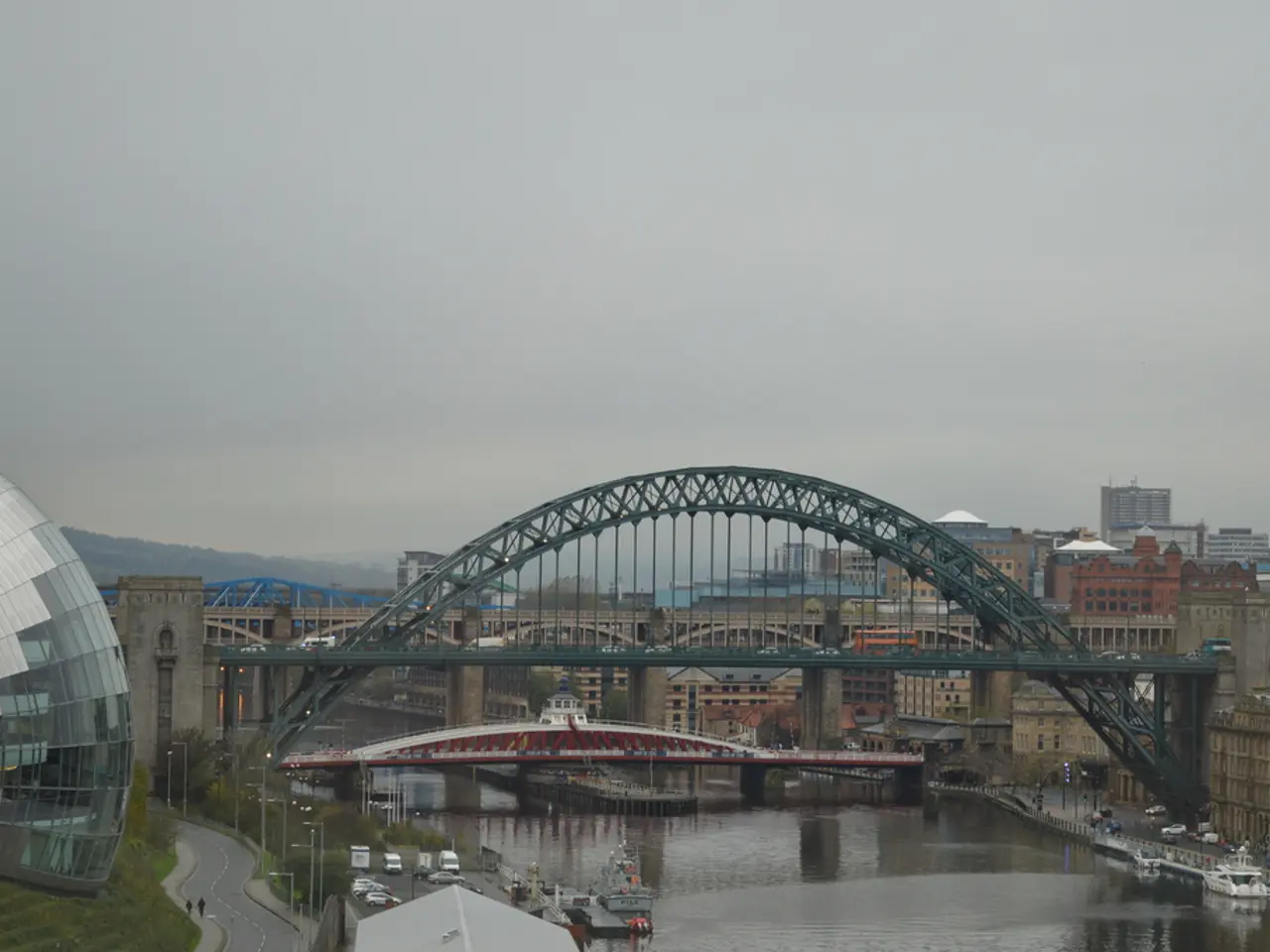EU and Indonesia seal deal on commercial collaboration in the political sphere
The European Union (EU) and Indonesia have reached a political agreement on their Comprehensive Economic Partnership Agreement (CEPA), marking a significant step forward in their bilateral relations. The deal, which is expected to open new markets and create more opportunities for businesses in both the EU and Indonesia, was reached in a meeting in Brussels.
The EU-Indonesia CEPA is described as mutually beneficial, promoting trade and investment, fostering inclusive and sustainable growth, and enhancing the resilience of supply chains. The agreement is expected to support Indonesia's efforts to grow industries, create jobs, and strengthen its sustainable development goals.
For Indonesia, CEPA is not just about trade; it is also about fairness, respect, and building a strong future together. The growing ties between Indonesia and the EU are grounded in shared values of democracy, human rights, and the rule of law.
The Commission has adopted a visa cascade decision for Indonesia, ensuring quicker and easier access to multiple-entry visas for people-to-people contacts between the EU and Indonesia. This decision is expected to further strengthen the growing relationship between the two parties.
Both leaders, Commission president Ursula von der Leyen and President Prabowo Subianto of Indonesia, hailed the deal as an important moment. They reaffirmed their shared vision for a broader bilateral partnership beyond trade.
The sides stressed commitment to further advancing a clean energy transition. The EU-Indonesia CEPA is expected to support cooperation on critical raw materials, which are vital to both partners' strategic interests and industrial competitiveness. The agreement will help strengthen the supply chains of critical raw materials, essential for Europe's clean tech and steel industry.
Indonesia's national approach to clean energy is anchored in the vision of energy self-sufficiency and resilience, as outlined in the Asta Cita. Both leaders underscored their support for a rules-based international order, closer UN cooperation, and peace efforts in Ukraine and the Middle East.
The leaders agreed that a stronger, more strategic partnership between Indonesia and the EU should be the foundation for the future. Europe and Indonesia remain dedicated to strengthening the ASEAN and EU partnership in the Indo-Pacific. The EU-Indonesia Economic Partnership Agreement is expected to enter into force after the completion of all ratification procedures by the parties, but no official in-force date has been publicly announced yet as of September 2025.
Read also:
- Understanding Hemorrhagic Gastroenteritis: Key Facts
- Stopping Osteoporosis Treatment: Timeline Considerations
- Trump's Policies: Tariffs, AI, Surveillance, and Possible Martial Law
- Expanded Community Health Involvement by CK Birla Hospitals, Jaipur, Maintained Through Consistent Outreach Programs Across Rajasthan




